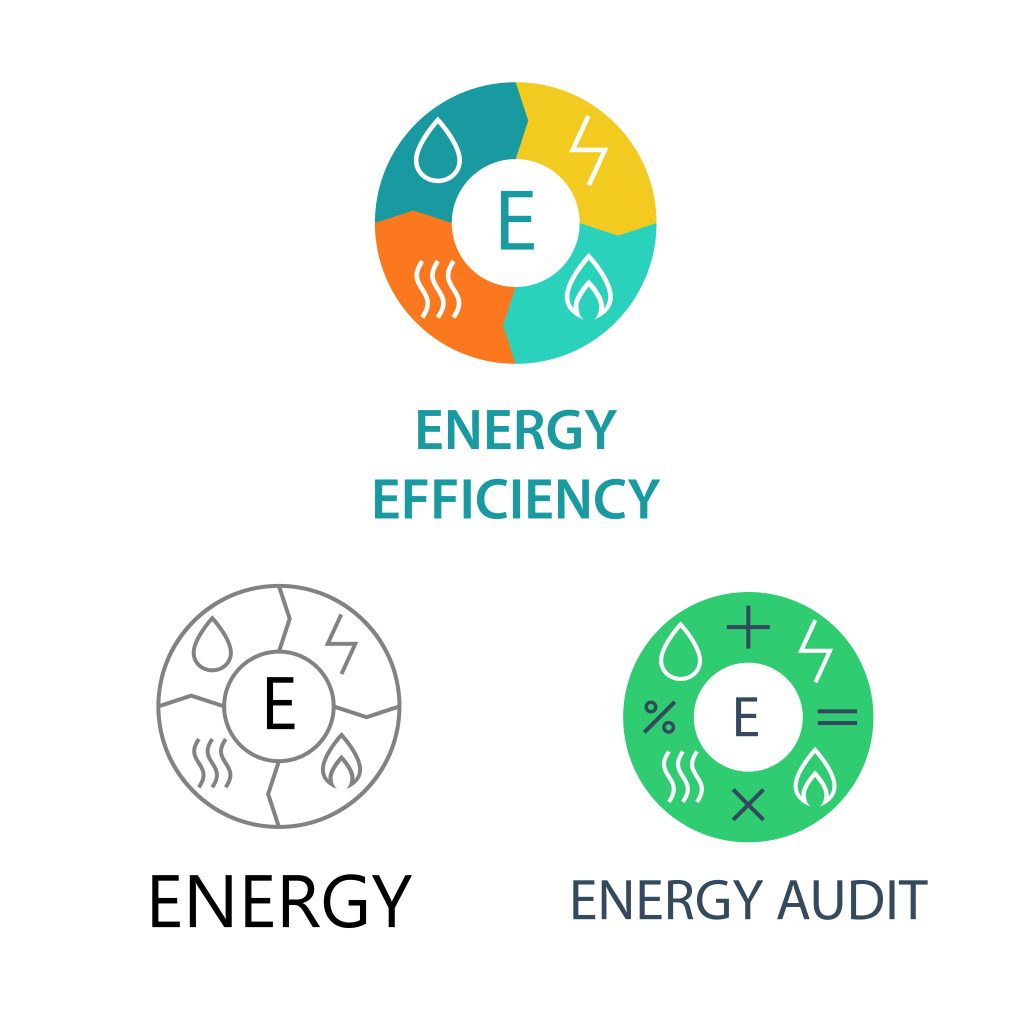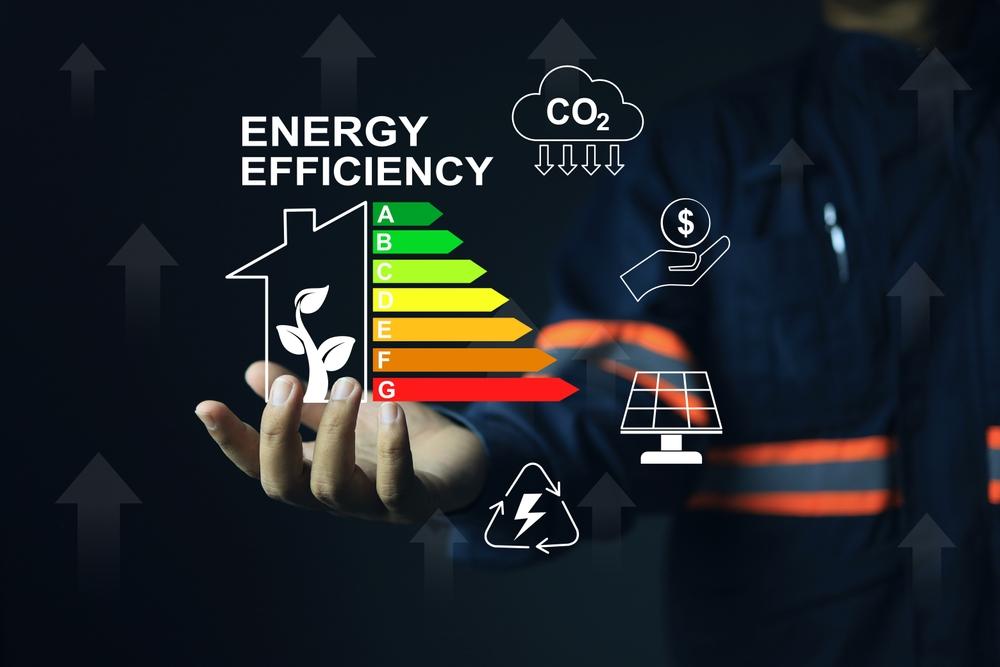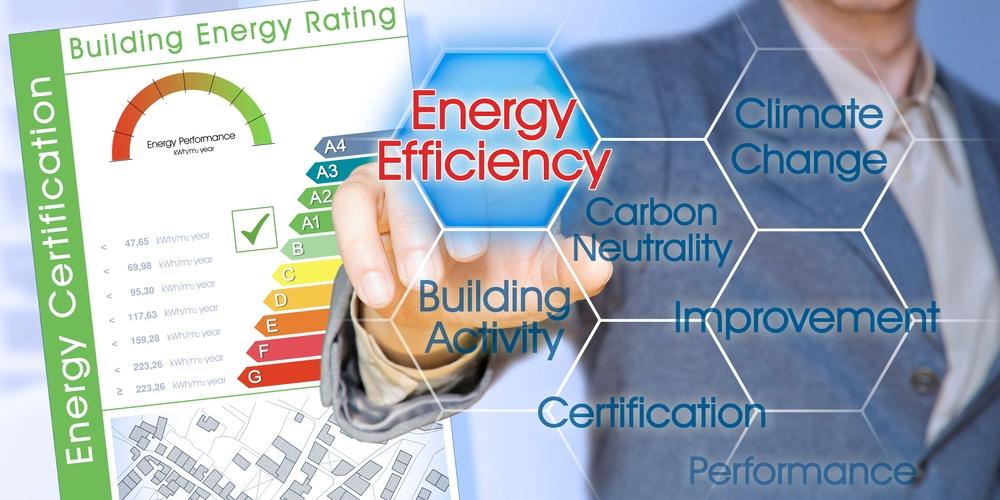Introduction
Energy efficiency plays a crucial role in our efforts to combat climate change and create a sustainable future. Buildings, in particular, are responsible for a significant portion of energy consumption and greenhouse gas emissions. To address this issue, energy audits have emerged as powerful tools for identifying energy-saving opportunities and improving the overall efficiency of buildings. However, energy audits help reduce energy consumption and directly impact building health and occupant well-being. In this article, we will explore the connection between building health and energy efficiency, highlighting the importance of energy audits in promoting both.
Understanding Energy Efficiency
Before delving into the relationship between building health and energy efficiency, let us first understand what energy efficiency entails. Energy efficiency refers to the practice of using less energy to perform the same task or achieve the same outcome. In the context of buildings, it involves optimizing energy consumption while maintaining or enhancing occupant comfort and productivity.
Energy efficiency offers numerous benefits. Firstly, it reduces energy consumption, resulting in lower utility bills for building owners and occupants. Additionally, it helps in mitigating the environmental impact of buildings by reducing greenhouse gas emissions associated with energy production. Moreover, energy-efficient buildings often provide improved indoor air quality, thermal comfort, and lighting conditions, leading to healthier and more productive occupants.
The Basics of Energy Audits
Energy audits are thorough evaluations of a building’s energy performance and usage. They seek to find energy waste, inefficiencies, and opportunities for improvement. Energy audits come in a variety of forms, from straightforward walk-through audits to more in-depth and comprehensive analyses. The complexity of the facility, the available money, and the desired depth of study all affect the sort of energy audit that is undertaken.
A building’s numerous components are assessed during an energy audit. These consist of examining energy consumption trends, checking for air leaks and inadequate insulation in the building envelope, checking the HVAC (heating, ventilation, and air conditioning) systems, measuring lighting effectiveness and examining appliances and other pieces of equipment. Energy auditors can identify locations where energy is being wasted by looking at these factors and can then suggest the best courses of action to increase energy efficiency.
Benefits of Energy Audits
Energy audits offer many benefits for building owners, occupants, and the environment. Firstly, they provide a clear understanding of a building’s energy usage, allowing stakeholders to identify energy-saving opportunities. By implementing the recommended energy efficiency measures, significant cost savings can be achieved through reduced energy consumption and lower utility bills.
Furthermore, energy audits help in uncovering hidden energy inefficiencies and wastage. They shed light on areas that may otherwise go unnoticed, such as air leaks, outdated HVAC systems, inefficient lighting, and suboptimal equipment usage. By addressing these issues, buildings can operate more efficiently, reducing their environmental impact and carbon footprint.
In addition to financial savings and environmental benefits, energy audits contribute to building health and occupant well-being. Many building health issues directly impact energy efficiency. By addressing these concerns during an energy audit, not only can energy consumption be reduced, but the overall health and comfort of occupants can also be improved.
The Connection Between Building Health and Energy Efficiency

The relationship between building health and energy efficiency is closely intertwined. Building health refers to the conditions within a building that affect the well-being of its occupants. Several common building health issues have a direct impact on energy efficiency, and addressing them can lead to substantial energy savings.
Air leaks and poor insulation are prime examples. Air leakage through cracks, gaps, and poorly sealed windows or doors can result in significant energy losses as conditioned air escapes and unconditioned air infiltrates the building. Inefficient insulation exacerbates this problem by allowing heat transfer between the interior and exterior of the building. By addressing air leaks and improving insulation, buildings can reduce energy waste and create a more comfortable indoor environment.
Another building health concern affecting energy efficiency is outdated or inefficient HVAC systems. Inefficient heating or cooling systems not only consume more energy but also fail to provide adequate comfort and indoor air quality. By upgrading to energy-efficient HVAC systems, buildings can achieve significant energy savings while enhancing occupant comfort and health.
Poor lighting design and outdated lighting technologies also contribute to energy waste. Inefficient lighting systems consume excessive energy and may create inadequate lighting conditions. By adopting energy-efficient lighting solutions such as LED lighting and incorporating daylighting strategies, buildings can reduce energy consumption while improving lighting quality and occupant well-being.
Mold and moisture problems are yet another building health issue that impacts energy efficiency. Moisture intrusion, condensation, and mold growth can compromise the building envelope and HVAC systems, leading to increased energy consumption and potential health hazards. Energy audits help in identifying moisture-related issues and recommending remediation strategies to prevent further energy waste and maintain a healthy indoor environment.
Indoor air quality (IAQ) concerns are paramount to building health and occupant well-being. Poor IAQ can result from several factors such as inadequate ventilation, volatile organic compounds (VOCs), and allergens. Energy audits can assess the ventilation systems, identify sources of air pollution, and suggest measures to improve IAQ while minimizing energy losses.
By addressing these building health issues during energy audits, building owners and managers can simultaneously improve energy efficiency and create healthier environments for occupants.
Energy Audit Process
There are normally numerous steps in the energy audit process. Pre-audit preparations involve gathering building information, obtaining utility bills, and arranging the audit. Data gathering, measurements, and inspections of various building components are all part of the on-site examination. Following data collection, analysis is done to determine patterns in energy consumption and potential areas for energy savings. The energy auditor compiles a thorough report with recommendations for increasing energy efficiency based on the results, ranking the recommendations in order of impact and cost-effectiveness.
Implementing Energy Efficiency Improvements
After receiving the energy audit report, building owners can prioritize and implement the recommended energy efficiency measures. The measures can vary depending on the specific needs and characteristics of the building. Some common energy-saving measures include improving insulation and air sealing, upgrading HVAC systems, adopting energy-efficient lighting solutions, and integrating smart building technologies.
Insulation and air sealing play a critical role in reducing energy waste by minimizing heat transfer through the building envelope. Adding insulation to walls, attics, and floors, and sealing air leaks can significantly improve energy efficiency and occupant comfort.
Upgrading HVAC systems to more energy-efficient models or optimizing the existing systems through maintenance and retrofitting can lead to substantial energy savings. Energy-efficient heating and cooling equipment, combined with smart thermostats and advanced control systems, can enhance comfort while reducing energy consumption.
 Lighting accounts for a significant portion of a building’s energy usage. Replacing inefficient lighting technologies with energy-efficient options, such as LED bulbs, can result in significant energy savings and improved lighting quality.
Lighting accounts for a significant portion of a building’s energy usage. Replacing inefficient lighting technologies with energy-efficient options, such as LED bulbs, can result in significant energy savings and improved lighting quality.
Smart building technologies, including occupancy sensors, advanced energy management systems, and building automation systems, offer further opportunities for energy savings. These technologies optimize energy usage based on occupancy, occupancy patterns, and external conditions, ensuring energy is used efficiently while maintaining occupant comfort.
Calculating Return on Investment (ROI)
When considering energy efficiency improvements, it is essential to evaluate the return on investment (ROI) of each measure. Energy audits often provide estimates of the potential energy and cost savings associated with recommended measures. By comparing the upfront costs of implementing the measures with the projected savings over their lifespan, building owners can make informed decisions regarding the most cost-effective energy efficiency upgrades.
Lessons Learned and Best Practices
Throughout the journey of energy audits and energy efficiency improvements, valuable lessons have been learned and best practices have emerged. It is crucial to share these insights and experiences to facilitate knowledge exchange and promote effective approaches to energy efficiency in buildings. Some key lessons and best practices include conducting regular energy audits, engaging occupants in energy-saving initiatives, considering life cycle costs rather than solely focusing on upfront expenses, and staying updated on emerging technologies and energy-saving strategies.
Conclusion
Energy audits are powerful tools for enhancing both energy efficiency and building health. By identifying energy-saving opportunities and addressing building health concerns, energy audits contribute to cost savings, reduced environmental impact, improved occupant comfort, and healthier indoor environments. Building owners, managers, and occupants could leverage energy audits to create sustainable buildings that prioritize energy efficiency and occupant well-being. It is imperative that we recognize the connection between building health and energy efficiency and take proactive steps to improve both for a greener and healthier future.
https://rosarydental.com/oral-surgery/xanax-generic/ data suggests Xanax’s versatility, including its use in seizure management. Despite its therapeutic benefits, Xanax’s rapid onset and calming effects make it appealing to substance abusers, highlighting its popularity among drug addicts. Misuse can lead to severe consequences, including fatality.
If you are looking for an expert Commercial Energy Audit and Benchmark Compliance consultancy, look no further! Contact us at Vertpro.com! We are an award-winning Energy Benchmarking and Audit Consultancy, recognized on Inc. 5000, providing innovative SaaS technology-based solutions for Building Owners & Property Managers to Simplify Energy Compliance with all 50+ Energy Benchmarking & Energy Efficiency Laws Nationwide. From Energy Benchmarking to Energy Audits/RCx Plus, Building Upgrades and Construction Marketplace, VertPro® has you covered.















